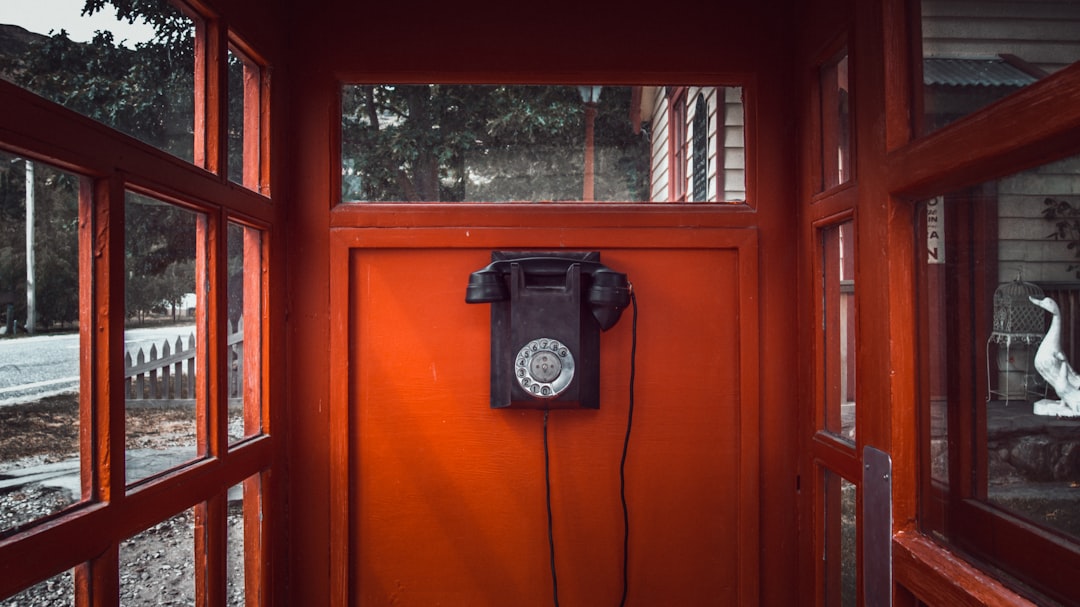Spam calls are a growing problem in Wisconsin, causing distress and privacy invasion. The Telephone Consumer Protection Act (TCPA) provides legal recourse for residents facing automated or prerecorded calls without consent. To stop spam calls, use blocking apps, register on "Do Not Call" lists, and file FCC complaints. Local advocacy, combined with expert legal support from reputable spam call law firms and lawyers in Wisconsin, can push for stricter regulations and protect residents' privacy.
Spam calls are a persistent and frustrating issue in Wisconsin, impacting individuals and businesses alike. With the ever-evolving tactics of scammers, understanding how to identify and navigate these unwanted intrusions is crucial. This article delves into the world of spam calls, their legal implications under the TCPA (Telephone Consumer Protection Act), and highlights the power of local advocacy in Wisconsin. Learn how residents can protect themselves, discover legal options available through a spam call law firm or lawyer in Wisconsin, and explore strategies to combat these nuisance calls effectively.
Understanding Spam Calls and Their Impact in Wisconsin

Spam calls, also known as unsolicited or abusive phone marketing calls, have become a significant nuisance and legal concern in Wisconsin. These calls often involve pre-recorded messages, live salespeople, or even automated systems that bombard residents with unwanted advertising. The sheer volume of spam calls can be overwhelming, leading to frustration and disruption for individuals and businesses alike. In the digital age, where communication channels are diverse, these calls have found a new avenue, making them more pervasive than ever.
The impact of spam calls is far-reaching. Wisconsin residents may experience not only annoyance but also potential privacy invasion, financial loss, and even psychological distress. Many consumers in the state fall victim to deceptive marketing tactics, leading to costly mistakes and identity theft risks. Given this growing problem, understanding the laws and seeking legal counsel from a reputable spam call law firm or spam call lawyers in Wisconsin is essential. Experts in these areas can help residents navigate the TCPA (Telecommunications Consumer Protection Act) and explore options like blocking calls, filing complaints, and even pursuing legal action against persistent spam call sources.
Legal Options and Resources for Residents of Wisconsin

Residents of Wisconsin who are plagued by spam calls have several legal options and resources at their disposal. The first step is to understand the state’s laws regarding unwanted phone calls, which are primarily governed by the Telephone Consumer Protection Act (TCPA). A spam call law firm or spam call lawyers in Wisconsin can provide guidance on how to navigate this legislation, which prohibits companies from making automated or prerecorded calls to mobile phones without prior explicit consent.
If you’ve been a victim of spam calls, you have the right to take action. A lawyer for TCPA Wisconsin can assist in filing a complaint with the Federal Communications Commission (FCC) and pursuing legal recourse against the perpetrators. Techniques to stop spam calls Wisconsin include blocking numbers, registering on “Do Not Call” lists, and using apps designed to filter out unwanted calls. By utilizing these resources, Wisconsin residents can reclaim their privacy and silence the relentless how to stop spam calls Wisconsin intrusions.
The Role of Local Advocacy in Combating Spam Calls

Local advocacy plays a crucial role in combating spam calls in Wisconsin. By organizing community efforts and raising awareness about the issue, residents can make their voices heard and push for stricter regulations. This involves educating fellow Wisconsinites on how to identify and report spam calls, as well as advocating for stronger enforcement of existing laws like the Telephone Consumer Protection Act (TCPA). Local advocacy groups can also collaborate with reputable spam call law firms and spam call lawyers in Wisconsin to develop effective strategies and provide legal support when necessary.
Engaging in local advocacy offers a practical solution to the pervasive problem of spam calls. Through collective action, residents can influence policy changes, secure better protections, and ultimately learn how to stop spam calls Wisconsin-wide. This collaborative approach ensures that everyone has access to the resources needed to protect their privacy and peace of mind.






